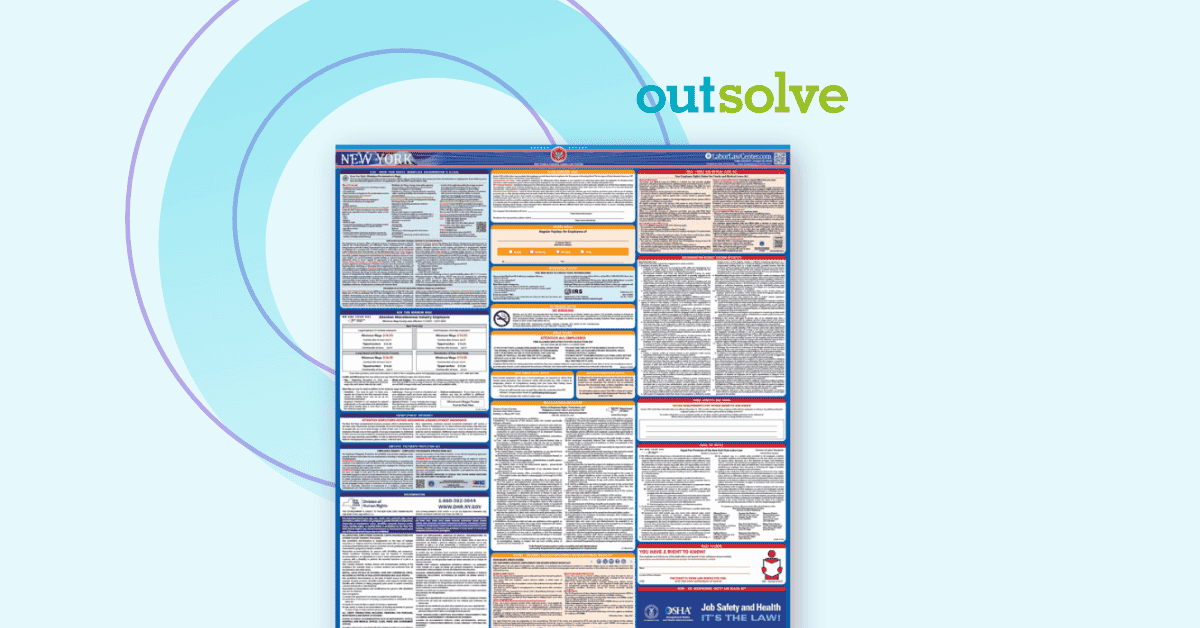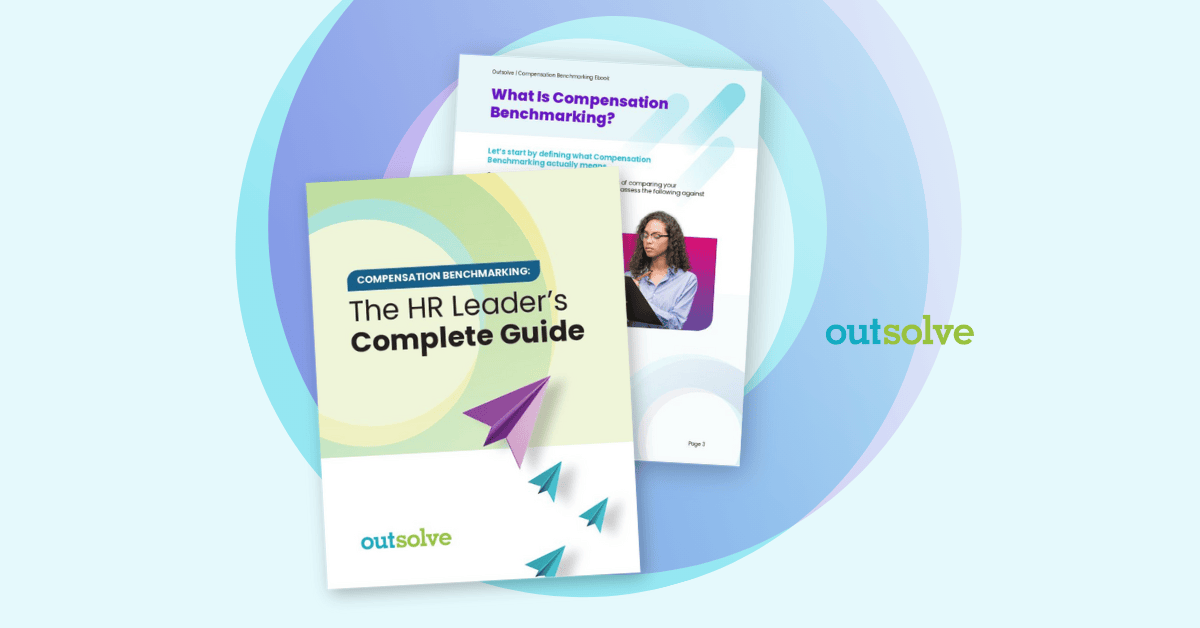User guide and report template anticipated for publication by February 1, 2021
California is delivering on its promise to develop and implement a secure online data collection system to enable companies to submit their pay data by the March 31, 2021 deadline. SB 973, passed in September 2020, requires large employers to report certain pay and other data annually. The User Guide and Template are anticipated to be available on February 1, 2021 and the data submission portal expected by February 15, 2021.
DFEH has also published the following 13 new FAQs.
- Does a temporary services employer report on the temporary staff that they place on assignment at other companies?
- What measure of pay should employers use to assign employees to the appropriate pay band?
- Should employers calculate and report annualized earnings for employees who did not work the entire Reporting Year?
- If an employee’s W-2 is corrected, what should an employer do?
- How are employees’ total hours worked calculated?
- Should employers calculate and report annualized hours for employees who did not work the entire Reporting Year?
- What does an employer do after calculating the total hours worked and collecting other required information of each employee in the Snapshot?
- What does “establishment” mean? What does it mean for an employee to be “assigned to” an establishment?
- How should employers with more than one establishment report their pay data?
- If an employer has two establishments in California and two establishments outside of California, does the employer need to submit a pay data report for all four establishments?
- If a California employer has multiple establishments – some with 50 or more employees and some with fewer than 50 employees – does the employers only report for establishments with 50 or more employees?
- How should an employer report on an employee who, during the Reporting Period, started out in one California establishment and ended the year in a different California establishment?
- How should an employer report on an employee who during the Reporting Period, started out in a California establishment but, during the Snapshot Period, was assigned to an establishment outside of California?
As we know that pay equity is on the new Administration’s radar, it is important to take note of what California is doing as it may be a pre-cursor for what may be required nationwide. We, at OutSolve, are available to assist your organization with the California pay data reporting. Please contact your consultant for assistance.
Read previous blogs:
- December 3, 2020 – California’s Department of Fair Employment and Housing (DFEH) issues FAQs on Pay Data Report
- October 2, 2020 – California Senate Bill 973
Founded in 1998, OutSolve has evolved into a premier compliance-driven HR advisory firm, leveraging deep expertise to simplify complex regulatory landscapes for businesses of all sizes. With a comprehensive suite of solutions encompassing HR compliance, workforce analytics, and risk mitigation consulting, OutSolve empowers organizations to navigate the intricate world of employment regulations with confidence.
Recent Posts

New Executive Orders May Require Labor Law Poster Updates

HR Compliance Checklist: What Every HR Pro Needs to Know
Related Posts

How to Ensure Your Pay Practices are Non-Discriminatory
Administering fair compensation practices is not just the right thing to do, it is essential for legal compliance, maintaining a positive workplace...

Employer Responsibility: Workplace Non-Discrimination Under Federal Law
The world of employment law continues to change. For HR, staying informed about employment law changes and their implications is crucial. One of the...

Compensation Benchmarking: The HR Leader’s Complete Guide
Setting salaries can feel like a guessing game. If you pay employees too little, they leave for better offers. If you pay too much, you strain your...


